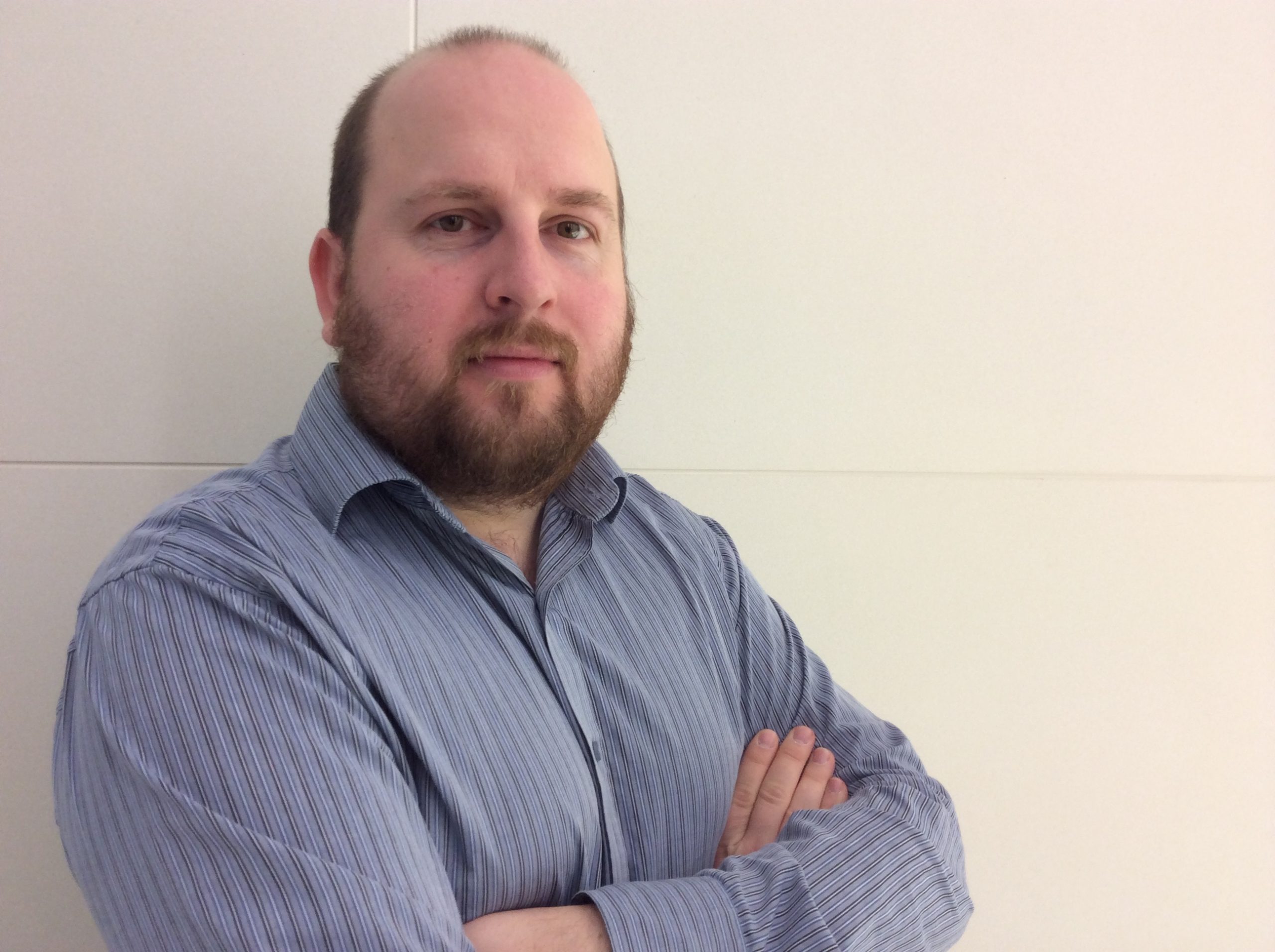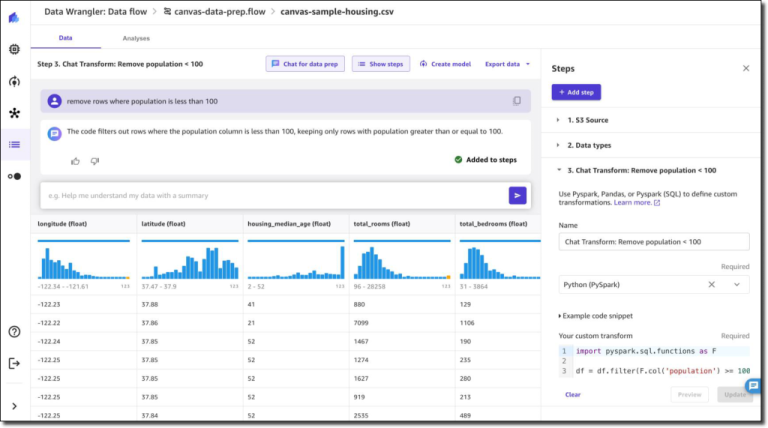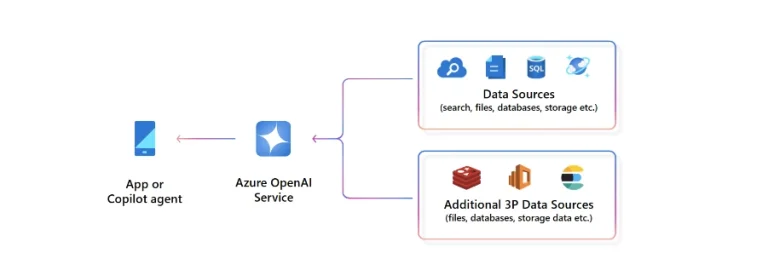
.pp-multiple-authors-boxes-wrapper {display:none;} img {width:100%;}
Qlik has launched its new cloud regions in London, UK, and Frankfurt, Germany, enhancing its continued commitment to support growing demand for cloud adoption and innovation in EMEA and around the world.
Specifically, these new regions support organisations with UK- and Germany-based footprints that require alignment with region-specific data privacy laws and data locality requirements that extend beyond GDPR policies.
These new regions expand Qlik’s existing global footprint that includes cloud regions in Ireland, the United States, and Asia Pacific (Sydney, Singapore).
As with its existing cloud regions, all Qlik Cloud capabilities and features, including Qlik AutoML and Qlik Application Automation, are available immediately for deployment to support regional customer, partner and OEM/ISV requirements. All users can get the benefits of Qlik’s comprehensive, AI-powered cloud platform that unifies data across cloud and hybrid environments, automates information pipelines, augments insights with AI, and automates data-driven workflows.
A foundational component of Qlik’s product strategy is the company’s continued commitment to supporting its customers’ data locality and security needs. Along with these additional new regions, Qlik also recently completed the Trust Information Security Assessment Exchange (TISAX) assessment and launched Customer Managed Keys, which allows users to bring their own encryption keys (BYOK) to add additional protection to the data stored in their Qlik Cloud tenant, giving complete control of the data encryption at rest.
Qlik says it remains committed to a robust roadmap that enables customers to keep data and analytics where they need to while realising the transformative benefits of its cloud data integration and analytics solutions.
.pp-multiple-authors-boxes-wrapper.box-post-id-99149.pp-multiple-authors-layout-boxed.multiple-authors-target-the-content.box-instance-id-1 .pp-author-boxes-avatar img { width: 80px !important; height: 80px !important; } .pp-multiple-authors-boxes-wrapper.box-post-id-99149.pp-multiple-authors-layout-boxed.multiple-authors-target-the-content.box-instance-id-1 .pp-author-boxes-avatar img { border-radius: 50% !important; } .pp-multiple-authors-boxes-wrapper.box-post-id-99149.pp-multiple-authors-layout-boxed.multiple-authors-target-the-content.box-instance-id-1 .pp-author-boxes-meta a { background-color: #655997 !important; } .pp-multiple-authors-boxes-wrapper.box-post-id-99149.pp-multiple-authors-layout-boxed.multiple-authors-target-the-content.box-instance-id-1 .pp-author-boxes-meta a { color: #ffffff !important; } .pp-multiple-authors-boxes-wrapper.box-post-id-99149.pp-multiple-authors-layout-boxed.multiple-authors-target-the-content.box-instance-id-1 .pp-author-boxes-meta a:hover { color: #ffffff !important; } .pp-multiple-authors-boxes-wrapper.box-post-id-99149.pp-multiple-authors-layout-boxed.multiple-authors-target-the-content.box-instance-id-1 .pp-author-boxes-recent-posts-title { border-bottom-style: dotted !important; } .pp-multiple-authors-boxes-wrapper.box-post-id-99149.pp-multiple-authors-layout-boxed.multiple-authors-target-the-content.box-instance-id-1 .pp-multiple-authors-boxes-li { border-style: solid !important; } .pp-multiple-authors-boxes-wrapper.box-post-id-99149.pp-multiple-authors-layout-boxed.multiple-authors-target-the-content.box-instance-id-1 .pp-multiple-authors-boxes-li { color: #3c434a !important; }





